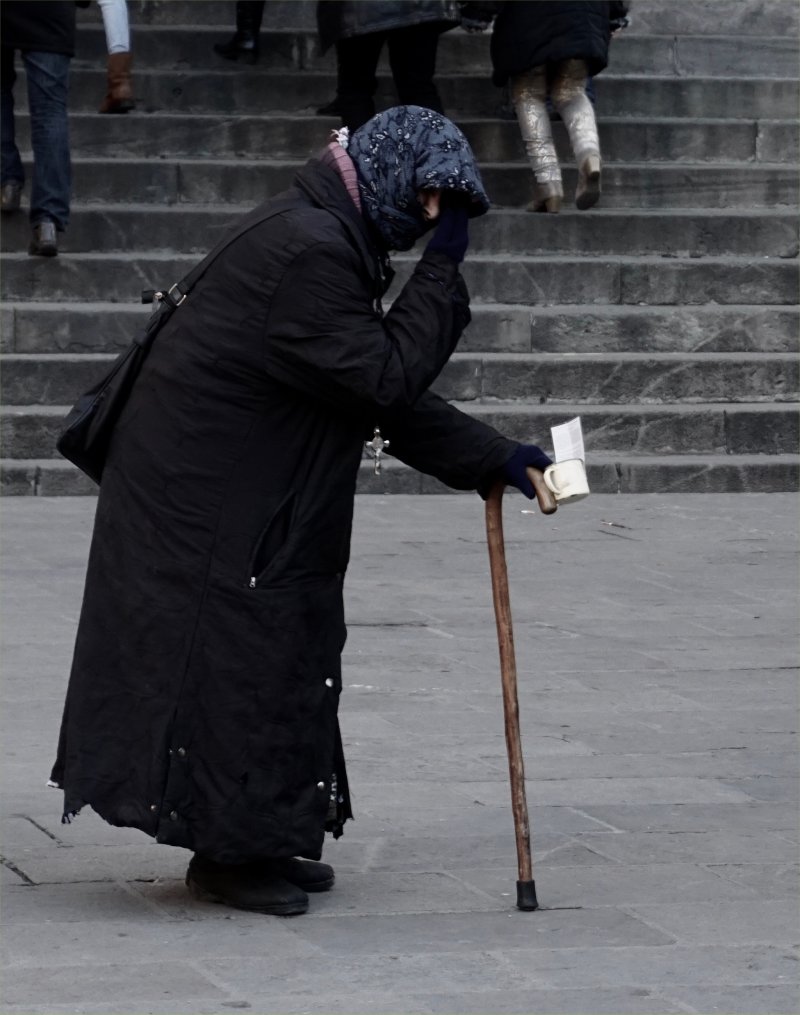Personal Independence Payment the ironic process where people with Asperger’s Syndrome need to be able to communicate their difficulties with communication. I am sure this new disability benefit has affected so many people in so many ways. If you have been following the journey so far then you will know that my son with Asperger’s Syndrome was asked to switch from DLA to PIP; that he has already had the PIP Face-to-Face Consultation and been told that he does not qualify for Personal Independence Payment. I have since sent in a request for a mandatory reconsideration and had asked for the request copies of the evidence that they used to make the decision. I have now received that evidence and have a further 2 weeks to add anything else or I can ask them to just go ahead and make a decision. This is what I have gleaned from the evidence that they made their decision on.

The Decision for not Granting Personal Independence Payment for my son with Asperger’s Syndrome
The first thing I would say is not to wait until you receive the decision but to ask for the notes straight away (I was advised over this but naively felt confident that he would be awarded standard rate). Secondly personally I feel that I am fighting a losing battle as the assessors clearly have no knowledge of Autistic Spectrum Condition and are basically applying that most young people don’t eat/wash/deal with finances etc – and I am just a parent that is worried and will not let go!

The physical seems to be a tick box too – he can physically talk, walk, wash, cook etc – anything mentally seems to be ignored: This is because it means it is deemed not significant enough: Examples are that he is not taking any medication to help with his mental health or anxiety; and does not have a guide person with him 24:7 helping him with social, communication and interaction – and never has.
The decision is made on their own assumptions: In fact the report basically says that because there is no-one helping him it suggests that the majority of the time he is indeed having no problems with social and communication. The fact that the food is not fresh/nutritious is “not considered within the scope of this activity.” Basically that cognitively he is capable of cooking. Basically they have decided on their answer and then just copied and pasted this for each section – with some having a little more twist towards the question but not all.
Evidence for Personal Independence Payment
Basically it boils down to proving it by the looks of things. No matter what it says about whether you need help but don’t get it or not that’s rubbish. My son was not awarded it based on not having hard evidence: The only evidence they used was from the PIP Questionnaire. Unlike Disability Living Allowance they did not attempt to contact anyone to confirm my son’s difficulties from a professional point. This whole thing has adjusted my view on whether people should fight and now my answer is always yes – as you never know what is around the corner. Unsure about needing a diagnosis? Fight for one anyway. Do not think they can get an EHCP (Education Health Plan)? Fight for one anyway. NEVER let it go, because whilst you/your child may be coping right now it will be used as evidence against you later on if you didn’t try to get it!

As he was unable to communicate his daily struggles and how often affects him, it went against him – but not enough to suggest that he has difficulty talking to others and expressing himself! Anything I added as his appointee was belittled and I was only referred to as his “mum.” We were not asked about the variability, triggers or treatment during the face to face consultant but they were all put as none – obviously when asked at the start you need to make these clear!
Tips for a Face to Face Consultancy Meeting for Personal Independence Plan for Autistic Spectrum Disorder
- Make it clear not only what the symptoms are of the condition but what is the variability, the triggers and any treatments.
- Make sure this is communicated well, whilst not being seen to be able to communicate.
- Do not have your mother as an appointee as she will just be referred to as Mum – and we know how fussy they are!
- Take tablets.
- Don’t follow instructions to where you need to go.
- Be underweight.
- Be unclean.
- Be ungroomed.
- Give no eye contact.
- Struggle to breath.
- Be badly dressed.
- Struggle to walk – it has no relevance to your Autistic Spectrum Condition but it is mentioned so many times on the form so MUST be important.
All joking aside, I tried not to judge the guy who came in who did smell, “struggled” with his cane etc – and it was hard not to think why isn’t someone really looking after this person if things are really this bad?! He had someone with him too so not like he was just alone.
On the other hand this process has made me feel like a fraud. A scrounger trying to get money for a young man who it appears to be more than capable of living independently when there are so many others out there who aren’t. It makes me feel like he just has to try – that we are obviously doing something wrong. That I am just neurotic worrying, and fighting for support to ensure he eats, washes and has help with communication. I am not even sure it is worth trying to fight any more – never mind putting him through a tribunal.
I would be interested to know what kinds of support people who have been successful at Tribunal do receive/need to Gage whether it is worth the fight.
Thankfully Student Finance England do not agree with this decision and have awarded him his Disability Support Assist and so IS able to access help he needs to live more independently.
This Guide may be of use to anyone going through the process too: http://www.advicenow.org.uk/guides/how-win-pip-appeal

